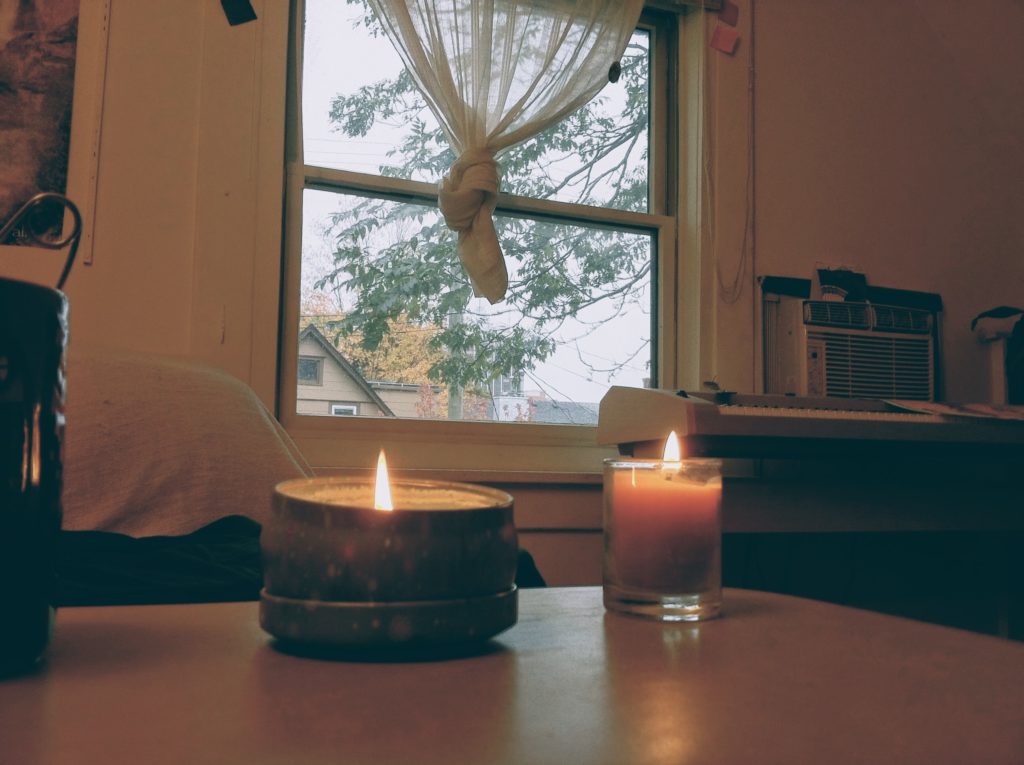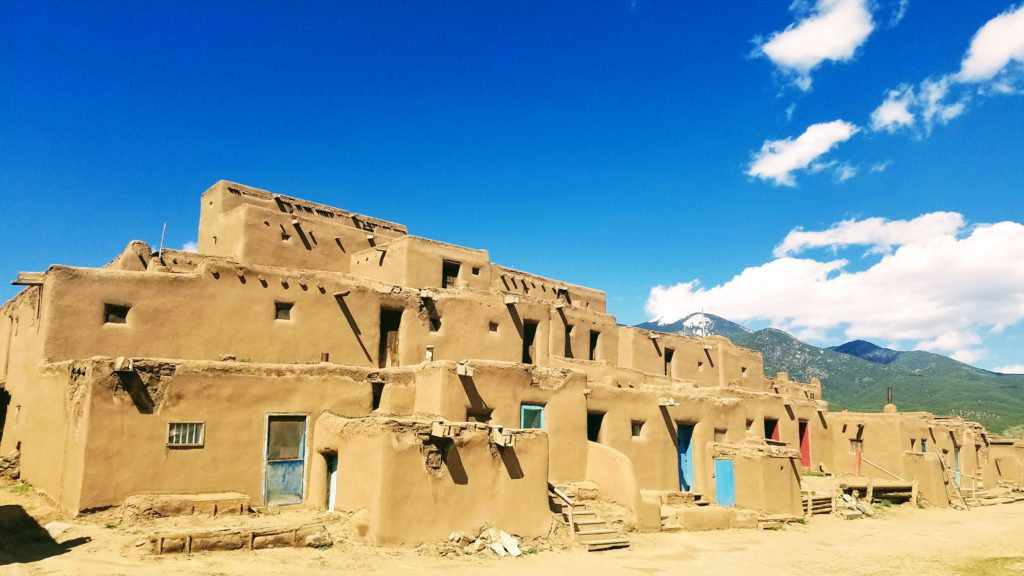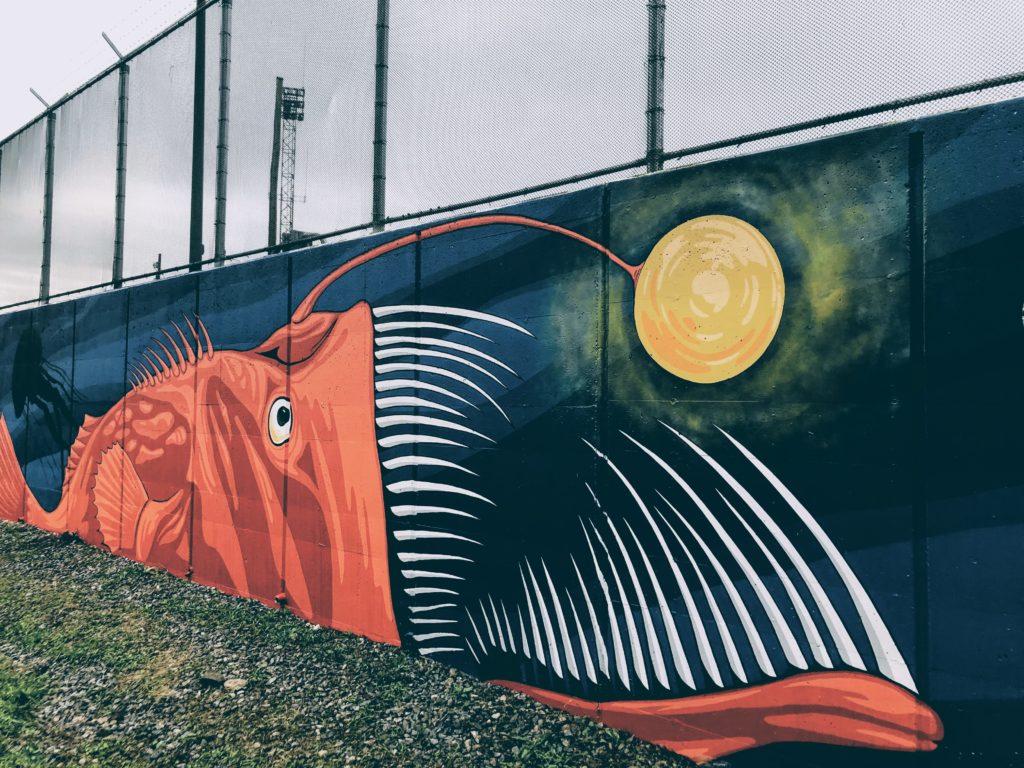I get it. Regular self-care (taking one flight of stairs and remembering to chug four glasses of water right before bed) isn’t cutting it.
No, today, we need to bring out the big guns.
We need to emerge from bed without actually emerging. Yes, we need to stay wrapped in a blanket like a cape.
Not only that. We also need the fuzziest sweater in the world—nay—in the cosmos. We need to pair this with the big socks, the ones that take up most of the sock drawer. Yeah. Now wrap that cape back up.
Look at you. At fifty paces they’d think you’re a sheep.
Good start.

Now for something hot to drink. Herbal tea, maybe? Yeah, go ahead and double-bag it. No, triple-bag it.
Ooh, bracing! Who knew you could shove so much raspberry into one cup? It’s like un-sweet hot liquid jam. That has to mean something good.
Now curl up into the big chair. It’s very important that you curl. Imagine you’re the mousy heroine at the beginning of a romantic comedy. You know, the one who reads books asexually. Yeah, now you’ve got the pose. Perfect.
Now put the hot jam mug between your hands and feel the warmth seep into your sheepy body. Isn’t that nice?
Next: meditation is a good idea. I know, I know. But don’t worry. If you’re not ready for the whole nine yards, why not simply gaze at your houseplants? Meditate on them. Seriously, stare at them. Hark how they patiently turn toward the window. Look how they never fret about whether they’ll get the water and sun they need. Do they seem stressed?
Oh, jeez, yeah, that one seems pretty stressed. Maybe you should water it more often. Or less often? Go ahead and google “dying spider plant” for a while if you need to. I’ll pause.
All done?
Not to rush you, but you have a lot of self-care to get through for the rest of today, and we’re losing daylight here. I don’t mean this as an accusation, but maybe if you hadn’t doom-scrolled for an hour before you got out of bed we’d have more time. And I couldn’t help but notice that you went pretty hard on that dying-spider-plant googling. That is, I say with love, not the vibe we’re going for.
Deep breath!
Anyway, we’re going to need to speed up a bit. Oh jeez, you haven’t eaten anything yet, have you? It’s almost noon. Which is fine! We’re relaxing! But, you know, hop on it. I say that lovingly.
Let’s whip up a little nourishing breakfast. What do you have in the fridge? Perhaps oatmeal with fruit and nuts? Some sauteed mushrooms in an omelette or something? A breakfast salad with a poached egg and some shaved fennel?
Oh, just two Oreos and a slice of cheese? I…
Okay, whatever. Listen, you need to finish that tea and then drink a large amount of water so you’re hydrated enough for the hour of joyful outdoor movement we have planned, but I also don’t want you to get a stomach cramp, so, you know, maybe get sipping.
Nice! Looking good. You’re back from the joyful-movement hour. Endorphins feel great, right? Listen, I know we had a nice bath planned for later tonight with candles and Gregorian chants, but why don’t you go ahead and take that now without the candles or music because I don’t think we have time to shower too. Gotta double up! Lovingly!
Also, now that you’re clean, I think you should try to meditate again, because the houseplant-gazing didn’t really go as expected. It seems like it stressed you out. Not to worry—just chop-chop, hustle out of the bath maybe, and let’s try seated meditation again.
Oh, your boss called? Yeah, that’s fine, I guess today is a work day, after all. Can you tell him you’re pretty busy right now?
Oh. I see. Well, don’t hurry—we don’t do that, obviously, but—you know, don’t…not.
Hiiii, just checking in. May I lovingly observe that pretty soon it’s going to be dinner time? I did want you to fully unplug by then so you’d get two solid hours of screenless time by your early bedtime, so I’m going to gently suggest that you do the guided meditation while you also do your reflective journaling practice. Oh, and maybe you could also text your friends during that time so you are fully connected to your support network.
Three birds, one stone!
Ahhhh, that’s better, isn’t it? So many great stress-busting activities today. I’m really prou—
Oh, lost her. She’s doom-scrolling again.
















